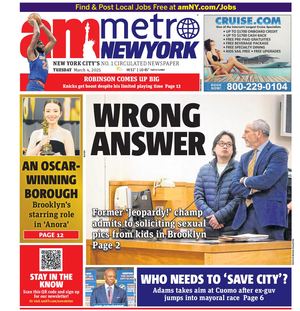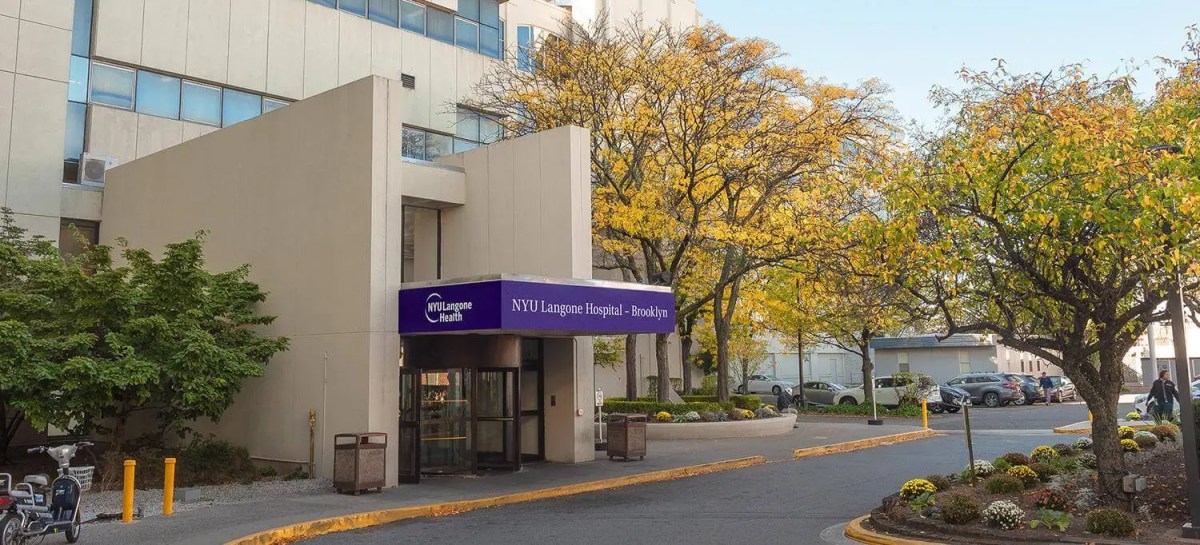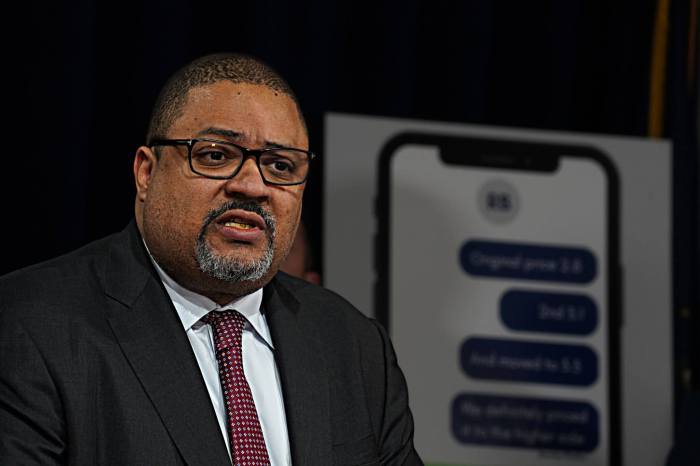When a New Yorker battling lung cancer visited his pharmacy to pick up his inhaler that for years had allowed him to breathe, he was shocked to learn it was no longer covered by his insurance. He was forced instead to use an alternative. When it proved ineffective, leaving him gasping for air, he tried yet another, with similar results. Ultimately, he was forced to pay hundreds of dollars out of pocket for the medication his doctor had prescribed.
If you or your loved ones have had similar experiences at the pharmacy counter, it’s important you understand who’s responsible.
At the center of America’s complex prescription drug distribution system is a shadowy group of powerful middlemen known as pharmacy benefit managers, or PBMs.
PBMs manage prescription drug claims on behalf of insurers and, in theory, negotiate pricing with pharmaceutical manufacturers. PBMs also decide what drugs will be covered by insurers’ plans. Manufacturers need their drugs covered, so they have no choice but to pay off PBMs through rebates, which manufacturers build into the cost of the drugs, pushing those prices higher.
PBMs also stick it to pharmacies. Like any other retail store, pharmacies purchase drugs wholesale. The pharmacy is paid via a combination of your copay (typically just a tiny fraction of the cost) and payment from your insurance. But that insurance payment first passes through a PBM, which pockets a lot of it, often keeping pharmacies from breaking even. And PBMs don’t have to tell anyone how much of that money they’re keeping for themselves.
It gets worse. PBMs delay treatment by forcing doctors to seek what is called “prior authorization” before prescribing certain drugs, by making doctors prescribe drugs that are more profitable for the PBMs instead of drugs that are best for patients.
Pharmacy benefit managers have amassed tremendous power over the last decade plus, acquiring or merging with insurers, pharmacies, clinics, and other entities. Caremark (CVS Health), OptumRx (UnitedHealth), and Express Scripts (Cigna) – which together control approximately 80 percent of all prescription drug claims in the US – are all Fortune 15 companies, richer and more powerful than the better-known drug makers that serve as convenient scapegoats for the drug cost problem while PBMs escape closer scrutiny.
The result? PBMs are causing higher drug prices, ripping off taxpayers, eliminating patient choice and destroying neighborhood pharmacies. And it’s playing out in every part of the country.
Lawmakers across the country have taken some steps to address the PBM problem, banning anti-competitive practices that include steering patients to PBM-owned pharmacies or gag clauses that prevent pharmacists from telling patients that their medication may cost less if they pay for it directly rather than through their insurance.
But PBMs are not in the business of healthcare. They’re in the business of profit. And efforts to reform the system so far have been like playing a game of whack-a-mole. For example, PBMs circumvent regulations enacted to make them reimburse independent pharmacies fairly by imposing retroactive fees that claw back money from those pharmacies.
Independent pharmacies can lose between $30 and $100 – often as much as $250 or more – every time they fill a prescription for a wide range of common medications like Jardiance, Januvia, Eliquis, Entresto, and Xarelto, often adding up to tens of thousands of dollars a month for each pharmacy.
Abusive PBM practices like these have major implications for every American, whether or not you ever step foot in a pharmacy. There is no silver bullet that’s going to stop this crisis. These companies are spending vast sums of money lobbying against all efforts to rein them in. But more than their resources, it is the complexity of our healthcare system that has gotten us to this point. PBMs thrive on the fact that most Americans don’t even know they exist.
So it is time for an awakening. Everyone needs to understand the threat that PBMs pose to us all. We have to educate ourselves and our neighbors. Otherwise, the problem will get worse. Because, if you think prescription drugs are too expensive now, just wait.
Visit PBMhorrorstories.com to share your PBM experience with the New York State Department of Financial Services’ Pharmacy Benefits Bureau.
Tom Corsillo is a spokesperson for New York City independent pharmacies. He previously led the Pharmacist Society of the State of NY’s FixRx campaign, which helped inspire the creation of the Department of Financial Services’ Pharmacy Benefits Bureau.



































